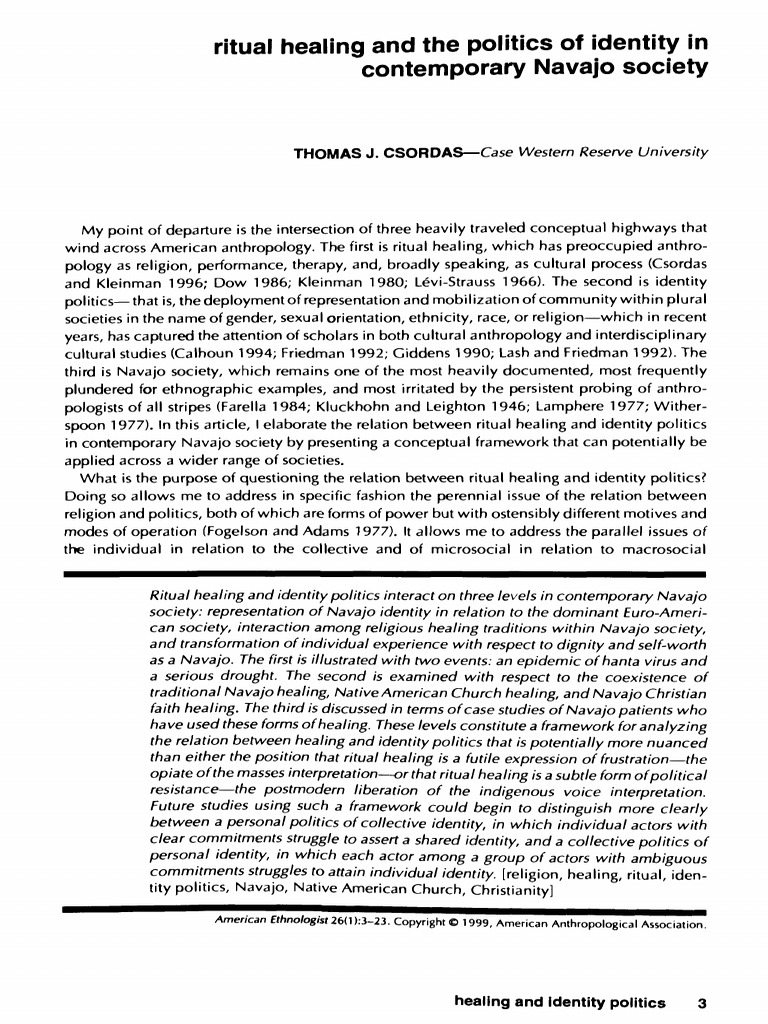As we traverse the diverse landscape of global spirituality, a fascinating intersection arises between the Bahá’í Faith and Navajo spirituality. Could there be a deeper understanding of universal truths when disparate belief systems intertwine? This exploration delves into their shared values, influential teachings, and potential synergies, ultimately presenting a compelling narrative about how these distinct paths can enrich one another.
The Bahá’í Faith is predicated on the principle of unity in diversity, advocating for the oneness of humanity and the harmony of science and religion. This principle finds resonance with Navajo beliefs, which emphasize interconnectedness among all aspects of existence—be it the natural world, fellow beings, or the spiritual realm. The Navajo philosophy of “Hózhó,” which embodies beauty, harmony, and balance, aligns intriguingly with the Bahá’í teachings on fostering peaceful cohabitation and ensuring justice.
Both traditions advocate for the promotion of ethical conduct and moral rectitude. Bahá’ís are encouraged to engage in service to humanity, advocating for social justice and equality. Similarly, the Navajo embrace the notion of reciprocity in their interpersonal and communal relationships, believing that maintaining harmony within oneself leads to broader communal well-being. This ethical framework can present a challenge to modernity’s often fragmented and self-centered approach to existence.
Furthermore, the role of rituals and sacred practices plays a paramount part in both belief systems. While the Bahá’í Faith emphasizes the importance of prayer and meditation in developing a spiritual relationship with the divine, Navajo ceremonies, such as the “Blessingway” and “Enemy Way,” illustrate the significance of rituals in healing, community cohesion, and personal well-being. Do these rituals serve as mere remnants of cultural identity, or do they encapsulate profound truths that transcend time and geography?
Navajo spirituality is deeply rooted in their cosmology and mythology. Concepts of the Earth and Mother Nature resonate profoundly within the teachings of the Bahá’í Faith, where reverence for the environment is integral to the belief in stewardship and the care of the world’s resources. Each tradition sees the natural world not as an adversary to be conquered, but as a sacred fabric of existence to be honored. This shared respect for creation raises an intriguing proposition: how can collective stewardship transform contemporary environmental practices amidst rising ecological crises?
The idea of revelation, central in both belief systems, adds another layer of complexity. In the Bahá’í context, it is believed that divine revelation is progressive and unfolds over time through various Manifestations of God. The Navajo view their teachings, including those passed down through oral traditions, as equally vital to understanding life’s immense wisdom. How do we navigate the tension between the immutable and the ever-evolving narratives of truth? Can these narratives coexist in a world that often seeks absolutes?
Moreover, the emphasis on education within both the Bahá’í Faith and Navajo teachings further enhances their interconnected worldview. The Bahá’í tenet of universal education underscores the importance of enlightenment for all, while the Navajo philosophy emphasizes the integral role of experiential learning through oral traditions and elder guidance. This mutual appreciation for knowledge dissemination raises pertinent questions: What constitutes education in our post-modern era? How can we blend traditional wisdom with contemporary learning methodologies to foster holistic development?
In a more esoteric sense, the relationship between the two belief systems can also be contemplated through the lens of spiritual evolution. Both the Bahá’í Faith and Navajo spirituality offer pathways to personal and communal transformation. The Bahá’í teachings about the soul’s journey towards perfection parallel the Navajo emphasis on harmony and balance within life, presenting an intriguing duality of spiritual evolution that charts an inward and outward pilgrimage.
Importantly, both faiths confront the challenges of contemporary society—materialism, disconnection, and disenfranchisement. The Bahá’í teachings encourage the forging of a global community imbued with love and solidarity, while Navajo teachings advocate for respect and recognition of their inherent cultural identity amidst the complexities of cultural encroachment. How do these teachings propel us toward understanding and bridging divides in a world marked by polarization?
The journey of recognizing the interrelationship between Bahá’í Faith and Navajo spirituality is steeped in a rich tapestry of shared values and principles. Such an acknowledgment fosters a greater comprehension of how diverse cultures and beliefs can converge in promoting universal advancement and harmony. In this exploration, one must consider: Are we limiting our spiritual consciousness by viewing these traditions in isolation, or can integration lead to profound insights into our collective human experience?
Ultimately, as we envision a future that embraces our shared existence, the lessons drawn from diverse spiritual paradigms can act as guiding stars—a testament to humanity’s capacity for understanding and unity. The exploration of these deep connections is not merely an academic venture; it represents a heartfelt call to engage with the rich nuances of human belief, beckoning an awakening towards a more harmonious existence.
